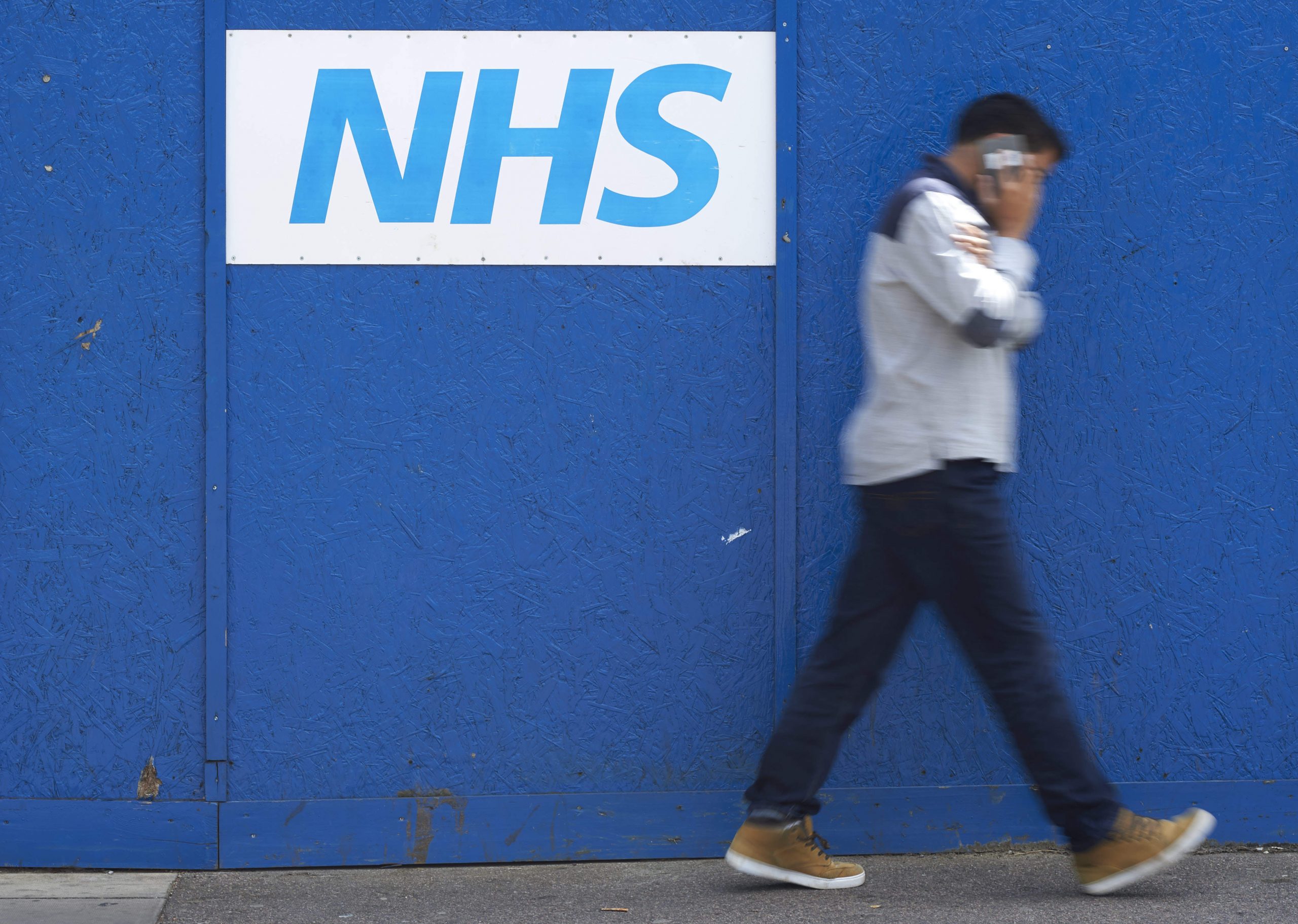
People suffering from a range of health problems are experiencing the hard reality of the Conservatives’ austerity NHS. Money has been getting ever tighter for several years now and, to put it bluntly, we’re well past the point where we can do everything we used to do.
Nationwide provision on prescription of gluten-free foods for people with coeliac disease is ceasing. Hay fever sufferers will be expected to buy their treatments over the counter; likewise those needing paracetamol or ibuprofen.
This won’t matter to working adults on a decent wage: under the NHS prescription charge, it’s already much cheaper to purchase these kinds of things directly. But for those entitled to free prescriptions – by virtue of age or low income – the changes represent yet another drain on already stretched household budgets.
A similar rationing is happening with operations: cataract removal, hernia repair, varicose vein treatment and bunion excision are now subject to a highly bureaucratic process to obtain “prior funding approval”. Already hard-pressed GPs are faced with lengthy forms to complete, and accompanying letters to be written, all to plead for treatments that used to be offered routinely on the strength of a referral.
The sheer weight of administration is intentional: put hurdles in the way and many people will decide they just don’t have the energy to jump. Even for patients whose doctors do manage to scale the paperwork mountain, only those with the most severe conditions will get their treatment approved by the funding committee.
We recently discussed these developments at our local clinical commissioning group – the forum where GPs in the local area get together to plan health care for our population. Most accepted the new reality with the weary resignation of a profession feeling powerless in the face of the irresistible forces grinding it down.
There were some glimmers of spirit, though. One of my colleagues posed the question: rather than restricting services, why can’t we look at creative ways to raise more funds instead? She wondered about applying to charitable foundations, or partnering with commercial concerns. Her ideas were dismissed by the CCG leadership.
It set me thinking. Looking round a cathedral nowadays, one invariably finds a large, glass-domed receptacle in the entrance, with signage explaining how much it costs to maintain the building, and inviting visitors to make a donation. And, as most parents are finding, it has become a matter of course for my children’s schools to seek my help in meeting the cost of educational trips or equipment.
I raised my hand and sketched my off-the-cuff vision. How about a slip, given out with every NHS prescription, inviting additional voluntary contributions? And what about a big, glass-domed receptacle in the A&E waiting room, with a sign explaining how much it costs to keep the hospital running, and inviting people, if they’ve enjoyed their visit, to make a donation?
The idea caused a few wry chuckles round the room. I fancied I could see the colour draining from our CCG chairman’s face as he imagined being peremptorily summoned by the Department of Health to discuss the politically unacceptable developments in the health service in our area. Like my colleague’s, my proposal got short shrift.
Brexit is important, but it is drowning out other vital issues in this snap election. The NHS is inexorably becoming a minimum safety net for the have-nots, while the haves vote with their feet and use their greater resources to secure better provision privately. And what’s true in health is also true in education and social care.
There is precious little time for opposition parties to get the parlous state of our public services firmly up the election agenda. Five more years of Tory austerity (at least) doesn’t bear thinking about. l
This article appears in the 17 May 2017 issue of the New Statesman, Age of Lies





